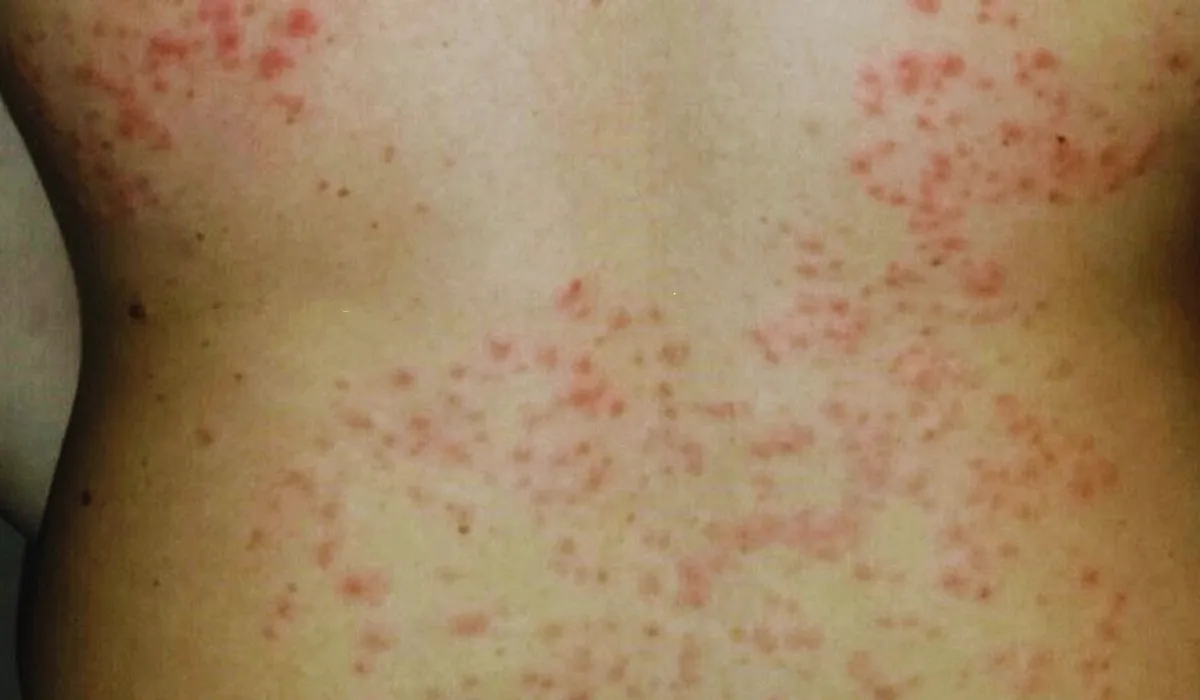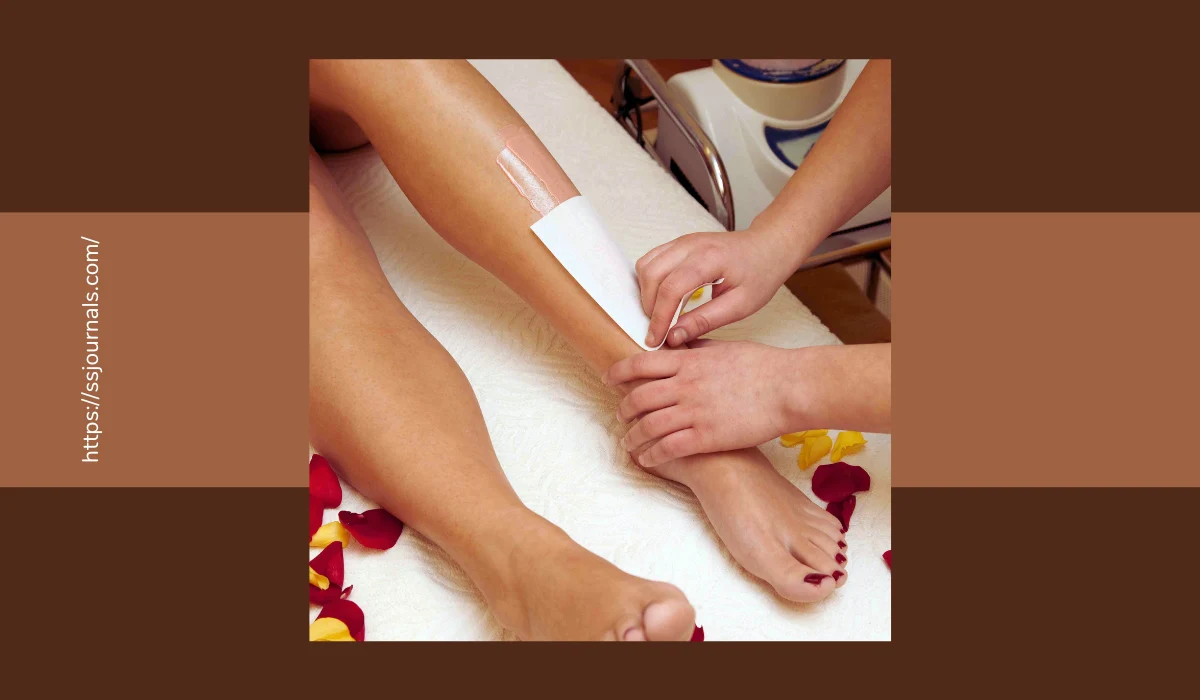Are you worried about the nagging problem of folliculitis after waxing? A common skin infection, folliculitis generally develops due to an infected or inflamed hair follicle. However, there is absolutely no need to lose sleep over that any longer. In this article, we take you through top tips on how to prevent folliculitis after waxing.
Top 11 tips to prevent folliculitis after waxing

1. Moisturize regularly
Make sure that you moisturize the skin before and after waxing. It aids in decreasing the sensitivity of your skin to waxing. The other benefit is that it softens the hair follicle and prevents excess pulling of hair.
Use a medicated calming cream so that it helps remove any waxy residue while keeping the skin supple. After waxing, you can use a post-wax oil that has chamomile. Aloe vera gel is an alternative as it can reduce swelling, redness, itching, and irritation.
2. Exfoliate the previous night
Exfoliate your skin the night before waxing. It helps remove dead skin cells that clog the skin. The other advantage is that it uncovers fresh cells below. Thus, when you do waxing, it will help remove the hair from the root and prevent breakage. To do this, gently buff away dry skin with a body scrub or polish. Doing that will help give the wax a good grip on the hair. The other benefit is that it will leave your skin soft and nourished.
3. Direction is of primary importance
Make sure that you wax in the direction of the hair. This is quite important to prevent folliculitis. Thus, always spread the wax in the direction of hair growth.
4. Stay away from waxing over inflamed skin
Never make the mistake of waxing over inflamed skin. If you are suffering from the problem of folliculitis, wait until the inflammation has disappeared before waxing that region again.
5. Use a sharp razor
Do you have the practice of using an old dull, razor? Never do that as it can cause irritation to your skin and also increase the risk of folliculitis. The other problem is that it will result in ingrown hairs. Thus, make sure that you always use a sharp razor while shaving.
6. Disinfect your razor
Keep in mind that you have to disinfect your razor after each use. This prevents the building up of bacteria on the blade that leads to infection.
7. Use an antibacterial soap
While showering, make sure that you use an antibacterial soap. This measure helps kill any bacteria on your skin.
8. Avoid wearing tight clothing
When you wear very tight clothing after waxing, it rubs against the hair follicles. It can cause further irritation and aggravate folliculitis. Thus stop wearing tight clothing to prevent folliculitis.
9. Keep it clean and dry
Once your skin is infected with folliculitis, make sure that you keep the affected area clean and dry. Once you do this, it will help prevent further irritation and infection.
10. Go for laser hair removal
Have you faced any waxing allergies, folliculitis, bumps, or ingrown hair in the past? In such cases, it is always recommended to opt for laser hair removal. When it comes to laser hair removal, a laser is used to remove hair. Generally, it takes somewhere between two to six sessions. However, laser hair removal is an expensive treatment.
11. Use an epilator
Try using an epilator which is an alternative to waxing. To explain, it is an electrical personal care device that removes hair at the root. Though it is similar to waxing, it causes less injury to your skin. Also, the benefit of using an epilator over waxing or shaving is that it does not pose a risk of causing folliculitis.
Conclusion
Hope the article offers valuable information on how to prevent folliculitis after waxing. Apart from the tips discussed above, it is important to take a cold shower post-waxing using a hydrating body wash. Also, keep in mind that it is imperative to do a sunscreen application and reapplication after waxing. Last, but not least, if the folliculitis does not go away within a couple of days, make sure that you consult a doctor.

